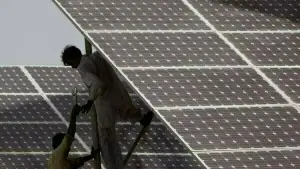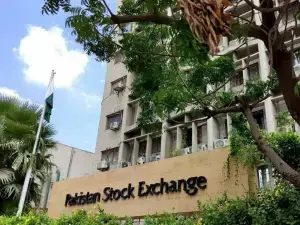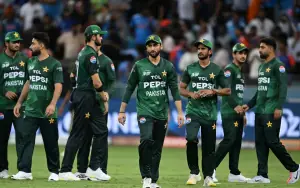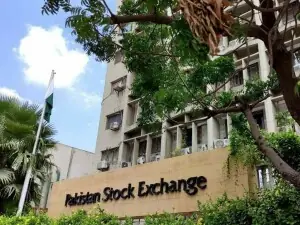The United States and Russia sat for a second day of difficult talks Wednesday aimed at replacing a landmark Cold War-era nuclear disarmament treaty that expires in December. Negotiators met behind closed doors to thrash out the terms of a successor to the Strategic Arms Reduction Treaty (START), in high-stakes talks whose outcome could have far-reaching implications for global security.
Russian Foreign Minister Sergei Lavrov insisted that global stability could not be achieved without also reviewing US plans to base a missile defence shield in Eastern Europe. "The general principle of the treaty should be the equal security of both sides and the preservation of parity in the sphere of strategic stability," Lavrov said at a Moscow press conference.
"This cannot be guaranteed without taking into account the situation in the sphere of missile defence or the deployment of weapons systems in space, as well as plans to create non-nuclear warheads." Washington has resisted including these issues on the agenda for the START talks and sought to allay Moscow's fears that the US shield would pose a threat to Russian security.
The United States says the system is no threat to Russia and is instead meant to counter Iran's missile-launch potential. Moscow's desire for an accord that would cover a broader range of defence questions is just one of a number of differences facing negotiators in hammering out a successor to the hugely complex 1991 treaty. For instance Moscow wants the treaty to limit both warheads and their carriers, such as missiles and bombers, while Washington prefers to focus only on "operationally deployed" warheads that are ready for launch.
The talks are a key part of US President Barack Obama's intention to "reset" strained ties with Russia, but policy experts were sceptical that a replacement could be agreed before the treaty expires on December 5. "The biggest problem on the path to bettering US-Russian relations is the colossal level of political mistrust," said Nikolai Zlobin, the head of the Russia and Eurasia Project at the World Security Institute in Washington.
"Even if it is possible to someday overcome this mistrust, it won't happen soon," he wrote in the Russian state newspaper Rossiiskaya Gazeta. But Zlobin said it was imperative for both countries to reach a deal on the treaty, which led to deep cuts in the US and Russian nuclear arsenals after its signing in 1991 and is seen as a conerstone of strategic arms control. "They cannot afford not to reach an agreement, because that would mean not only the failure of their effort to reset bilateral relations, but serve an irreparable blow for global security," he wrote.
The Russian foreign ministry said both sides had agreed to advance the talks in private as long as they were ongoing and would only release a joint statement after talks concluded on Wednesday afternoon. The US negotiating team in Moscow is led by Assistant Secretary of State Rose Gottemoeller while the Russian team is headed by Anatoly Antonov, head of the foreign ministry department for security and disarmament.
Productive negotiations could boost Obama's vision of a world free of atomic weapons and help set the stage for a fence-mending summit in July when Obama travels to Moscow to meet Russian President Dmitry Medvedev. Talks on finding a successor agreement to START made little progress under Obama's predecessor, former US president George W. Bush.
BR100
16,307
Increased By
236.2 (1.47%)
BR30
51,537
Increased By
1163.4 (2.31%)
KSE100
157,953
Increased By
1775.7 (1.14%)
KSE30
48,199
Increased By
520.5 (1.09%)






















Comments
Comments are closed.